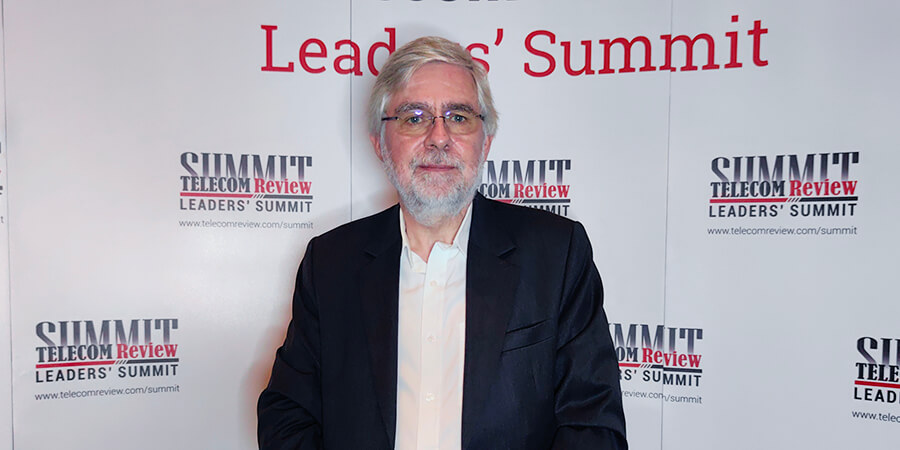Barry Graham, President of Market Impact at Opensignal, was present at the 2023 ITU CxO meeting and the 17th Telecom Review Leaders’ Summit. In a dedicated conversation with Telecom Review, he provided valuable insights into prevailing industry trends, emphasized the significance of furnishing mobile network experience data, and shed light on his involvement in the CxO forum.
Can you elaborate on how the data and insights provided by Opensignal unveil the competitive landscape for operators, regulators, and analysts?
Opensignal focuses very much on measuring the real experience that consumers get when they're using communications networks. We measure end-to-end; we don't just measure the peak speed over a piece of the network. Instead, we measure the full end-to-end, all the way to the servers that people use for real content and real applications, within real devices across a wide range of consumers. That means our measures represent what actually happens in the network and what users really get. You can't make better business or regulatory decisions unless you're looking at the truth about what the real experience is.
The telecom industry has undergone a lot of significant changes over the years. Bearing 2023 in mind, can you share some of the dominant trends showcased in Opensignal’s reports?
That’s a really difficult question because there are so many things to choose from. I think one of the dominant themes has been the mainstream rollout of 5G, particularly in emerging markets, but also across the world. If we think about Europe and the GCC countries, we've seen huge improvements in some of the mainstream adopters of 5G.
The other key thing for us in the mobile space is noting how operators and regulators are using spectrum. We've seen that mid-band or C-band spectrum makes a huge difference to the subscriber’s experience. We're seeing a lot of that in Asia, and we're seeing it in the US now as well, as the big operators rollout C-band. We just did a report on airports that really showcases that.
Regarding millimeter wave, I don't think we've quite worked that one out yet. There is ongoing exploration of its potential for delivering high speeds, despite the current challenges in its implementation. Recently, Korea has reconsidered its approach to this technology.
In the fixed space that we also report on, I think we're seeing a very interesting dynamic as fiber providers roll out in Europe and the US again. Moreover, fixed wireless access is something we've been talking about in this industry for many years, which has now started to compete on a level playing field with some of the traditional cable and fiber operators.
What is the key to providing an independent and trusted source for mobile network experience? Why is this relevant to both users and telco players?
Independence is really key. I mentioned that we measure end-to-end experience, so we don't allow operators to put dedicated test servers in; or change the measurements we made in any way. That means for operators, they're able to see the true experience, not of their customers, but also of their competitors’ customers as well. In this way, they can make sound business decisions and work out where to invest to grow their business, in the most effective way. And for regulators, they can see what's really happening, what the policies in their markets are doing, and how they're impacting the experience of their market relative to other markets in the region.
What is the significance of your participation in this year’s ITU CxO meeting?
We’re very honored to be invited to join the CXO meeting. We engage with the ITU in a number of ways. To us, it goes back to the importance of measuring real experience. We talk about this wonderful technology. If that technology doesn't impact real subscribers, then it doesn't make a difference. And it's hard to grow a business unless you're genuinely delivering value to your customers and your subscribers. For us, it's important that the ITU and other standards bodies always keep this in mind, and we also work with a number of regulators around the world.
We are making sure that we actually look at how the technology impacts the customer experience, and helps to improve that customer experience, and how that makes them choose which business to work with. That’s what enables the businesses to grow, and that's what fuels the whole ecosystem. We're very pleased to be involved right at the root of that with the ITU.










